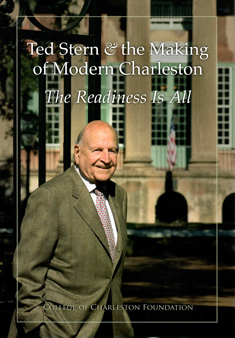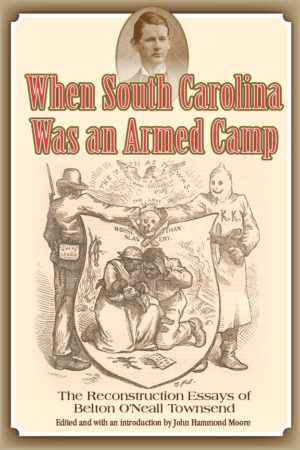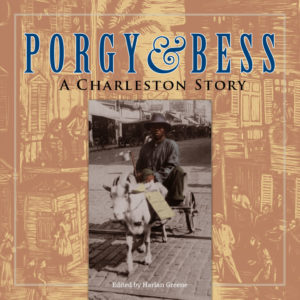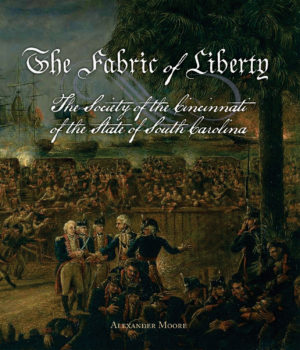

Ted Stern & the Making of a Modern Charleston; The Readiness Is All
$25.00
By the College of Charleston Foundation
When Captain Ted Stern was interviewed in 1968 for the presidency of the College of Charleston, the first question asked by the school’s board of trustees was what he would do with applications from African American students. He unhesitatingly said he would admit students based on their qualifications, not their race. The trustees were startled by the response, but hired him anyway. They were desperate. Their school had used up all of its endowment, had a shrinking student body, and its accreditation was about to be challenged.
In the next ten years Stern transformed the school and left it financially strong, with ten times the student body – a diverse student body – and a vastly expanded campus and curriculum.
Charleston, South Carolina, went through a similar transformation, and with Stern, working hand in hand with his friend and ally Mayor Joseph P. Riley Jr., played a major role in that change. He chaired the board of the Spoleto Festival USA for the first nine years, helped set up the Coastal Community Foundation, and played major roles in Goodwill Industries, the Boy Scouts of America, and many other local organizations.
But if the College of Charleston trustees had looked more closely at the fifty-five-year-old Stern’s history, they wouldn’t have been so surprised. Since he left Johns Hopkins University in 1931, Ted Stern had been transforming all of the institutions and locations where he had been based. As an officer in the U.S. Navy during World War II, as one of the navy’s “petroleum kinds,” and as commanding officer of the Naval Supply Station in Charleston, Stern had addressed major issues with massive energy, optimism, innovation, and an ability to pull people together to work for a common cause.
“For those who knew Ted Stern, this volume reveals new things about this extraordinary individual… For those who didn’t know Ted, what follows will enlighten, inform, and amaze.”
“However, Ted Stern and the Making of Modern Charleston is not only Ted’s story. It is also a narrative about the college and the city for which it is named. Ted was central to the renaissance of both. Even more, Ted’s life reminds us of the capacity of the human spirit, of the values and dedication that helped change Charleston and, in a way, the world. Ted continues to inspire all who seek to serve their communities and humankind. His enthusiasm, skill, and tirelessness are unpretentious examples of how to lead a productive and rewarding life.”



